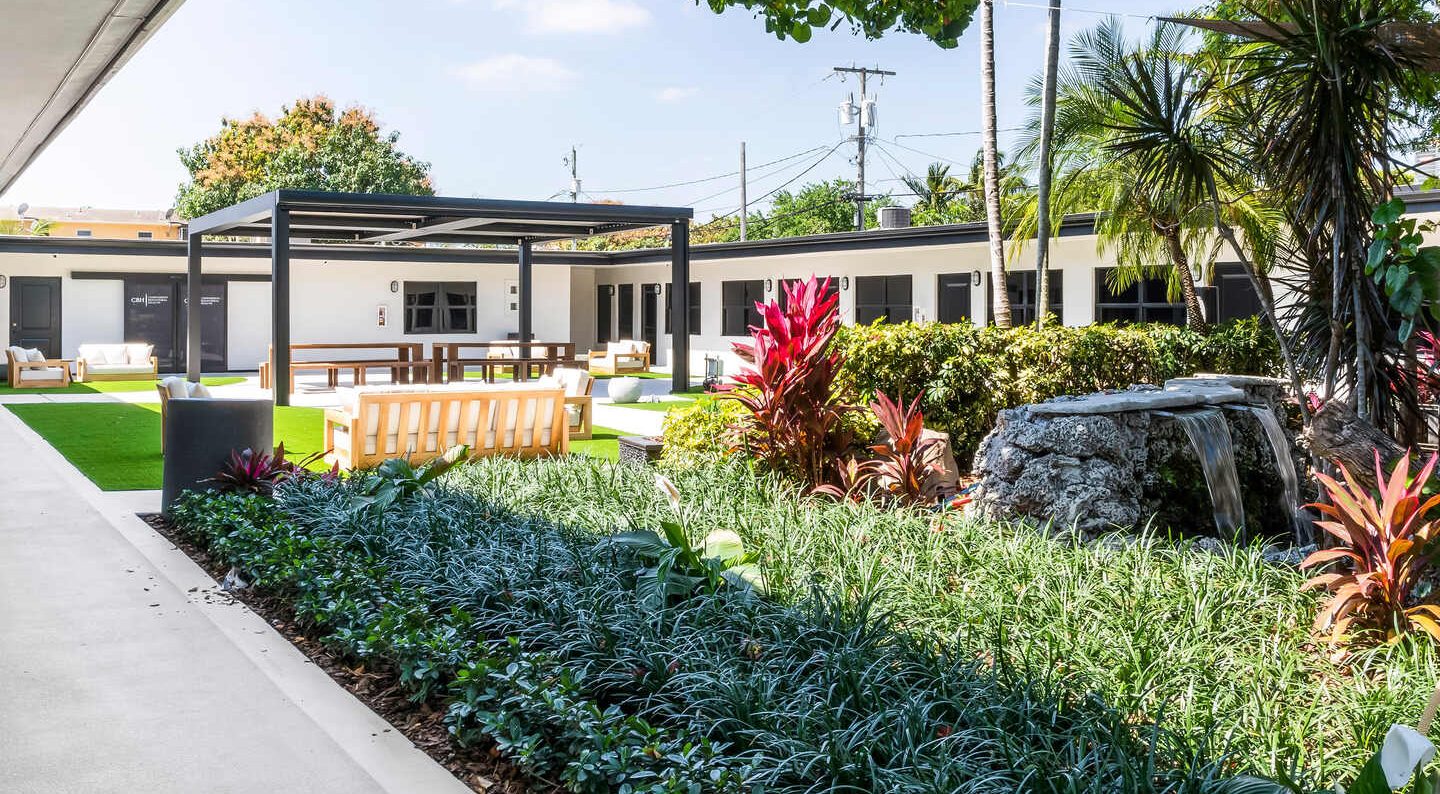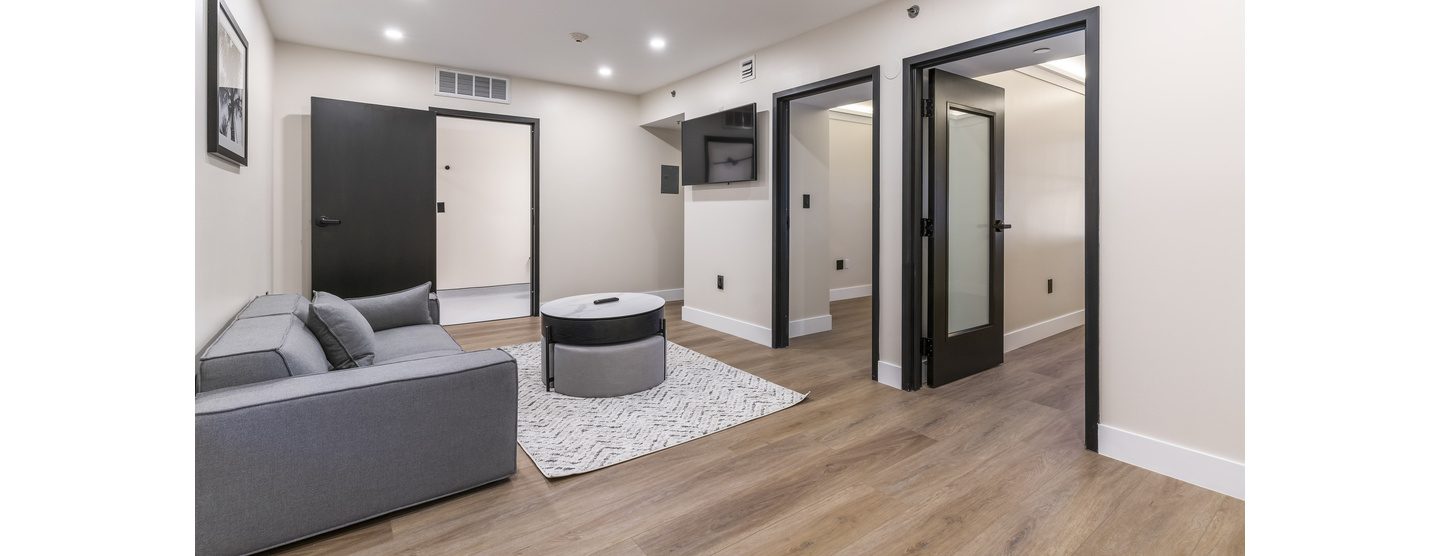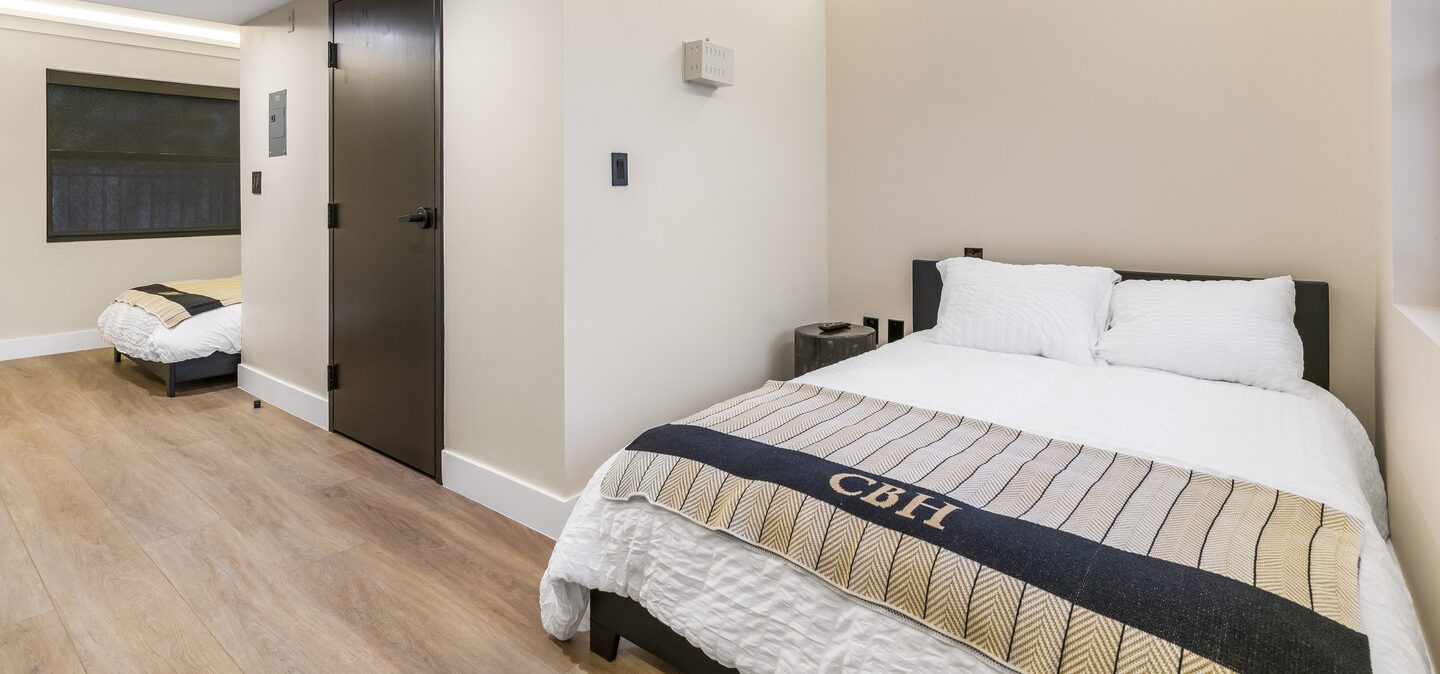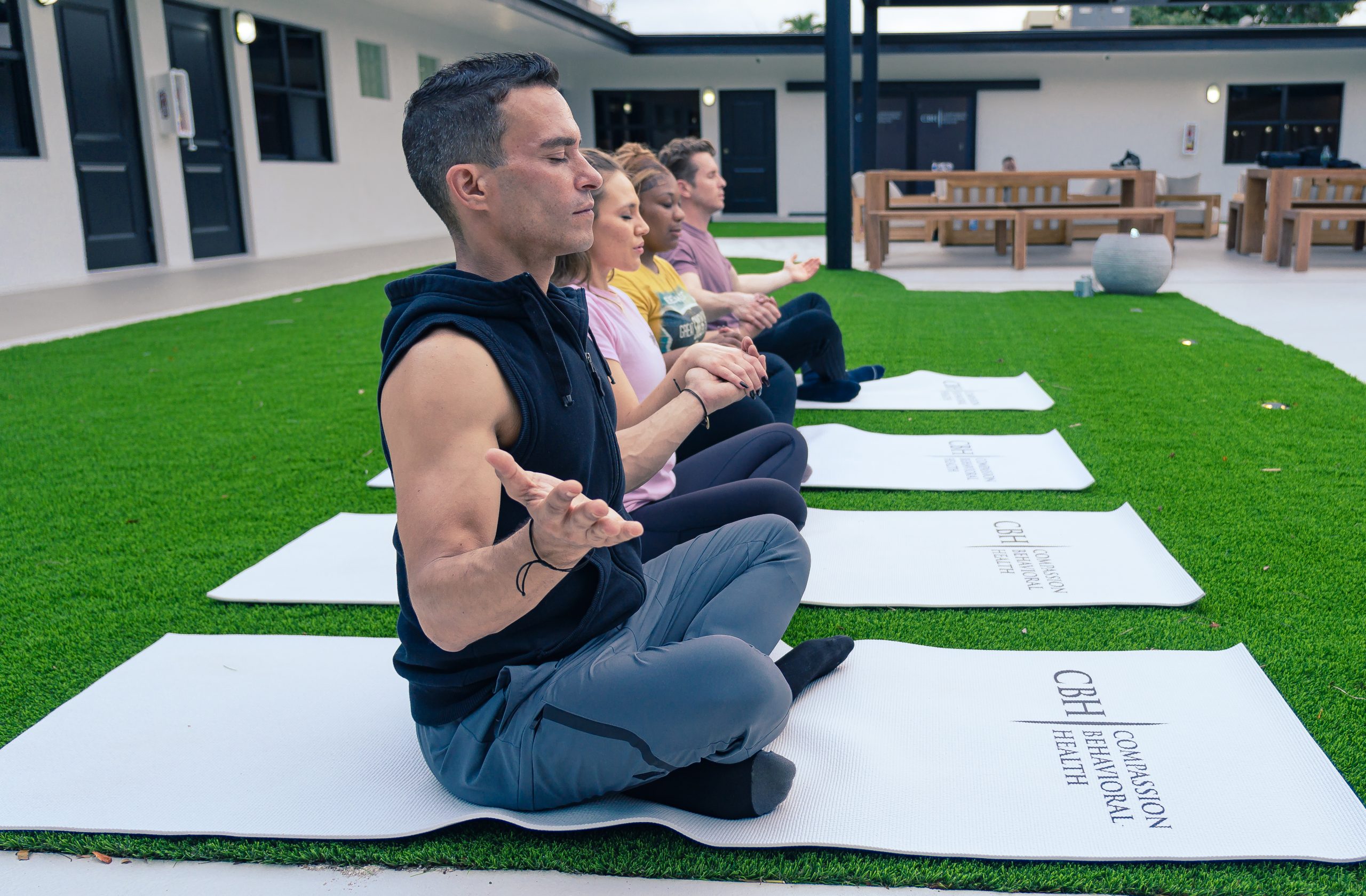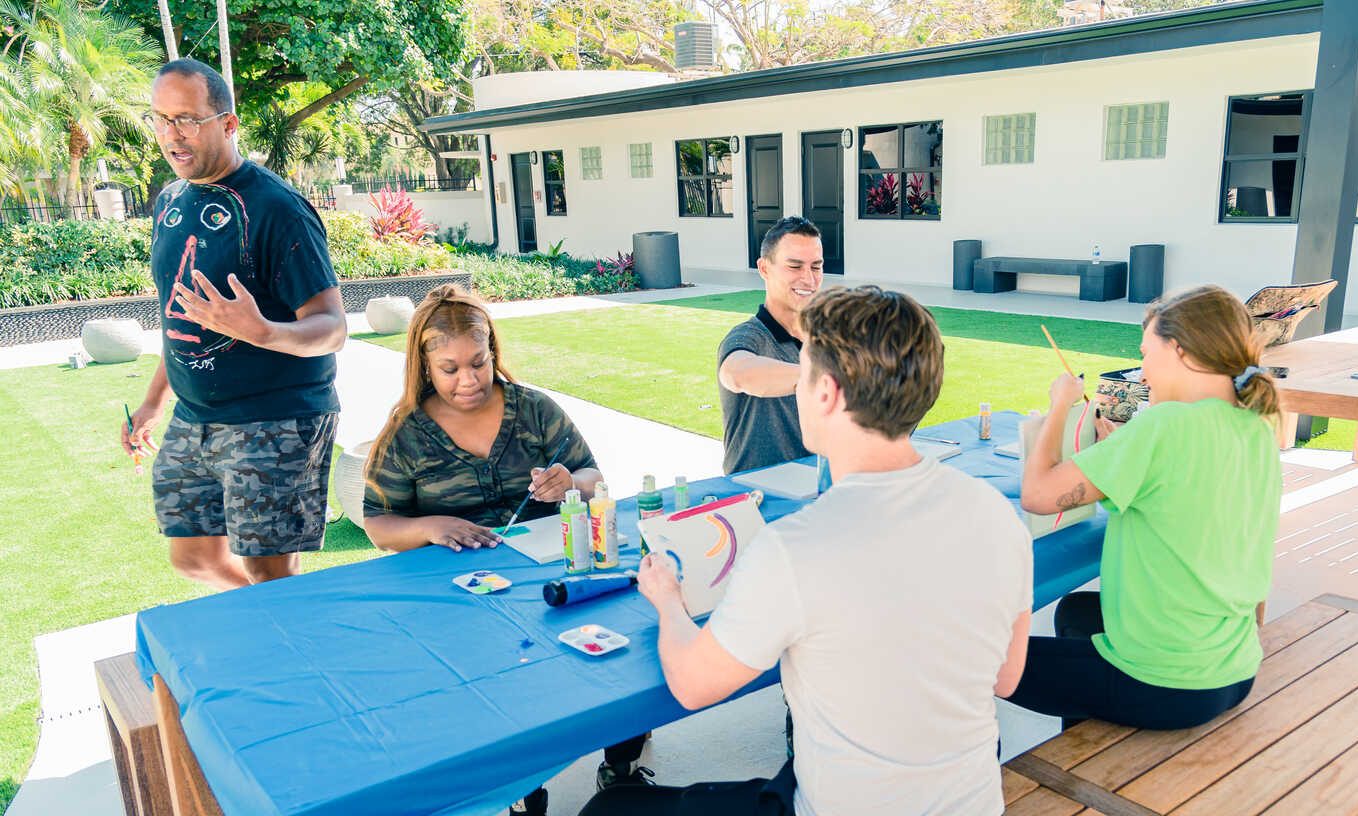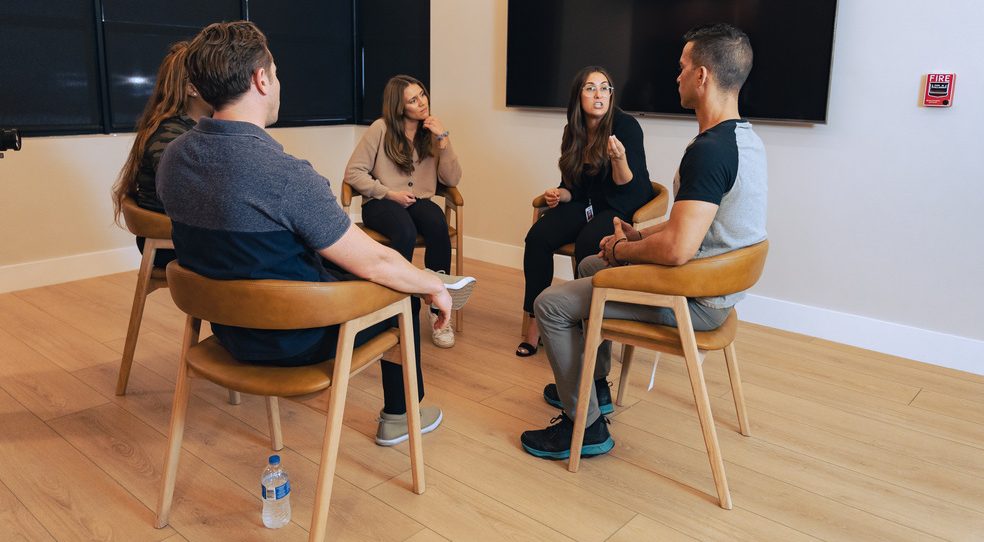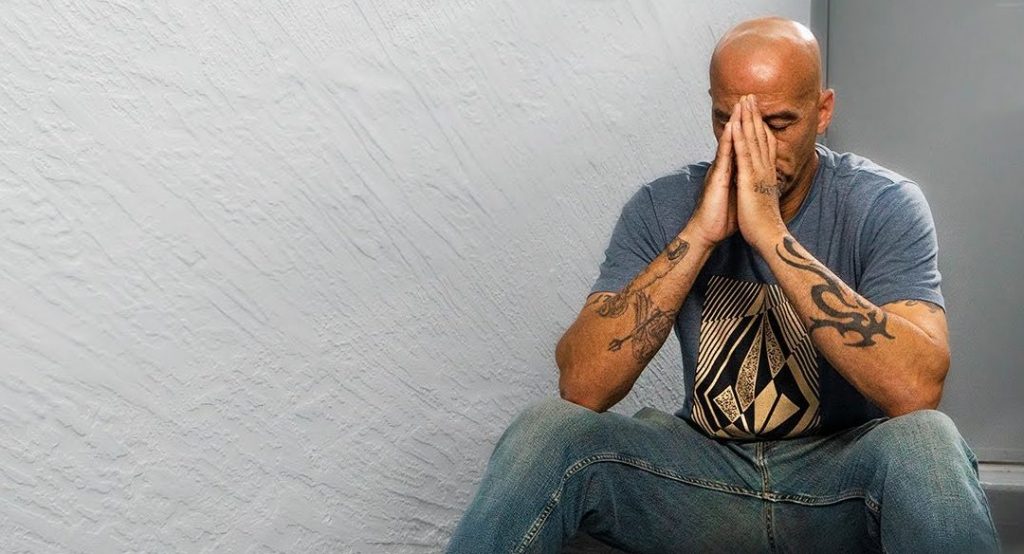Group therapy is a powerful tool in the field of mental health treatment, and addiction recovery offering a unique and collaborative approach to healing and personal growth. It provides individuals with the opportunity to share their experiences and challenges in a supportive setting, learning from others facing similar struggles.
This collective environment fosters a sense of community and belonging, crucial for emotional recovery. Additionally, group therapy introduces diverse perspectives and coping strategies, enriching the therapeutic process and promoting resilience. At Compassion Behavioral Health, we harness the transformative power of group therapy to facilitate deep emotional healing and sustainable change
or Substance Use Disorders?
The Benefits of Group Therapy
Group therapy offers a multitude of benefits that can enhance personal development and mental health. It provides a supportive environment where individuals can share their experiences and learn from others facing similar challenges.
Moreover, it fosters a sense of belonging, alleviating feelings of isolation that often accompany mental health struggles.
Shared Experiences
One of the primary advantages of group therapy is the opportunity to connect with others who are dealing with similar issues. This shared experience can foster a sense of understanding and camaraderie that is often missing in individual therapy.
Participants can offer each other practical advice and insights, providing a unique perspective that a therapist might not be able to offer. This can lead to breakthroughs and aha moments, accelerating the healing process.
Improved Social Skills
Group therapy also serves as a safe space to practice new behaviors and communication skills. Participants can receive immediate feedback from their peers, helping them to adjust and improve their social interactions.
Over time, this can lead to increased self-confidence and improved relationships outside of the therapy setting.

Types of Group Therapy
Group therapy is not a one-size-fits-all approach. There are various types of group therapy, each designed to cater to specific needs and goals. Understanding these different types can help individuals choose the most suitable option for their unique circumstances.
Here are some of the most common types of group therapy:
Psychoeducational Groups:
These groups focus on educating participants about specific mental health issues and coping strategies. They are often led by a mental health professional.
Support Groups:
These groups provide a platform for individuals to share their experiences, offer support, and learn from others facing similar challenges.
Therapy Groups:
These groups are typically led by a therapist and involve various therapeutic techniques to promote healing and personal growth.
Group Therapy vs Individual Therapy
While both group therapy and individual therapy aim to help individuals overcome mental health challenges, they each have their unique advantages. The choice between the two often depends on a person’s individual needs and preferences.
Let’s explore the differences between group therapy and individual therapy:
Group Dynamics
Group therapy leverages the power of group dynamics to facilitate healing and growth. The interactions among group members can mirror their interactions in the outside world, providing valuable insights and opportunities for change.
In contrast, individual therapy involves a one-on-one interaction with a therapist, which can offer a more personalized and focused approach.
Group Therapy at CBH in South Florida
If you’re ready to embrace the transformative journey of group therapy, Compassion Behavioral Health is here to guide you every step of the way. Our tailored approach to mental health and substance use treatment ensures that you receive the care that’s right for you, within a supportive community. Conveniently located in South Florida, our Hollywood rehab center is a beacon of hope and healing.
Don’t wait to start your path to sustainable recovery. Call Us Today and let us help you reclaim your life with the support of group therapy.




